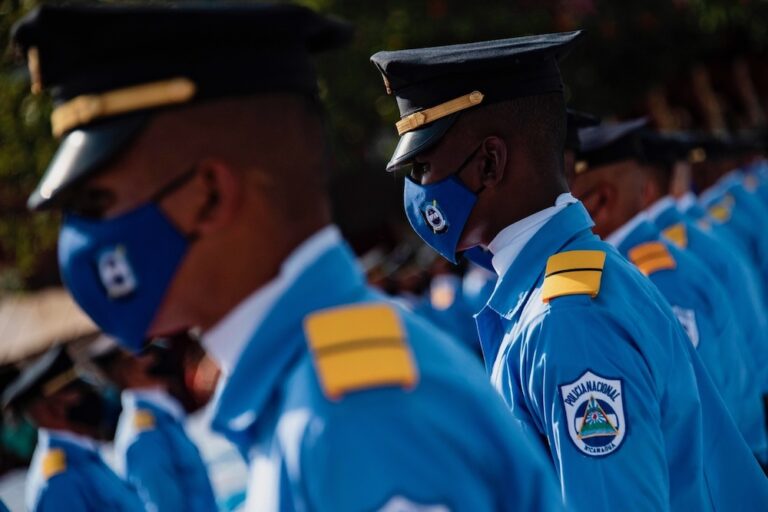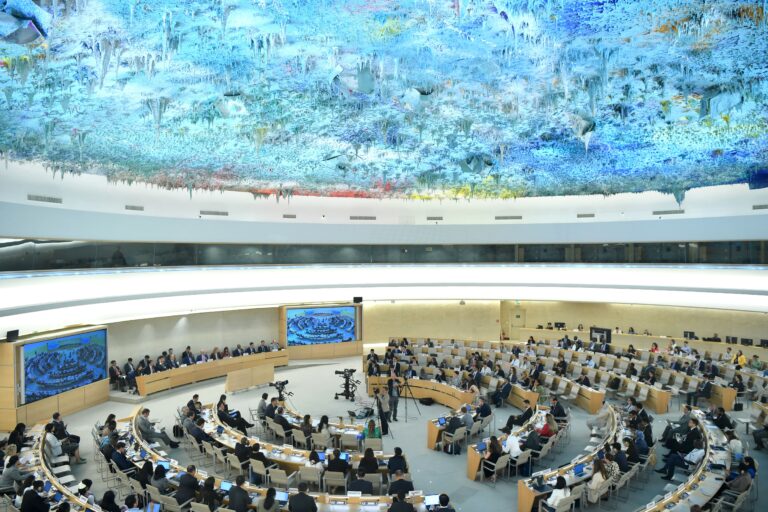Authorities in Nicaragua should drop the criminal slander proceedings against journalist David Quintana, and the country should reform its speech laws.
This statement was originally published on cpj.org on 19 August 2020.
Authorities in Nicaragua should drop the criminal slander proceedings against journalist David Quintana, and the country should reform its speech laws, the Committee to Protect Journalists said today.
On July 10, Managua residents Nelson Vázquez Oporta and Junieth Dávila Cruz filed a criminal slander suit against Quintana, director of the independent digital outlet Boletín Ecológico, according to news reports and Quintana, who spoke to CPJ in a phone interview.
The suit cited a June 17 Facebook Live broadcast that Quintana aired on Boletín Ecológico’s page, in which he interviewed two people who said they had been violently evicted the previous day, amid a home ownership dispute with Vázquez and Dávila.
Dávila told CPJ in a phone interview that she and Vázquez, her husband, felt Quintana’s reporting on the incident was incomplete because he refused to include their version of the story.
If convicted, Quintana could face a fine up to the equivalent of 300 days of his salary, according to the Nicaraguan criminal code.
“Nicaragua’s antiquated criminal slander laws are once again being used to target the press: this time, journalist David Quintana is facing a criminal trial, when civil proceedings should be sufficient to resolve any dispute over reporting,” said CPJ Central and South Americas Program Coordinator Natalie Southwick, in New York. “Slander and defamation lawsuits have no place in criminal courts. Nicaraguan officials should end the criminal proceedings against Quintana and reform the country’s laws.”
Quintana told CPJ yesterday that he had not received any official notification of the suit, but he found out about it through the evicted family, whom Vázquez and Dávila are also suing for criminal slander.
According to court documents seen by CPJ, two hearings in the case already took place on July 30 and August 11, in Quintana’s absence.
“We are not against information or the work of journalists, but he never wanted to add our version. He made false accusations saying we had links to the government and exposed us on social media,” Dávila told CPJ.
Boletín Ecológico is a social media-based outlet that covers breaking news and environmental stories in Nicaragua; it has recently covered civil unrest in the country, according to Quintana.
In March, government supporters attacked Quintana and a group of reporters covering poet Ernesto Cardenal’s funeral, as CPJ documented at the time.
Earlier this month, on August 10, three municipal employees in southeastern Nicaragua filed a criminal slander suit against Kalúa Salazar, the editor-in-chief of the radio and television outlet La Costeñísima, for her reporting on alleged corruption, as CPJ documented at the time.



